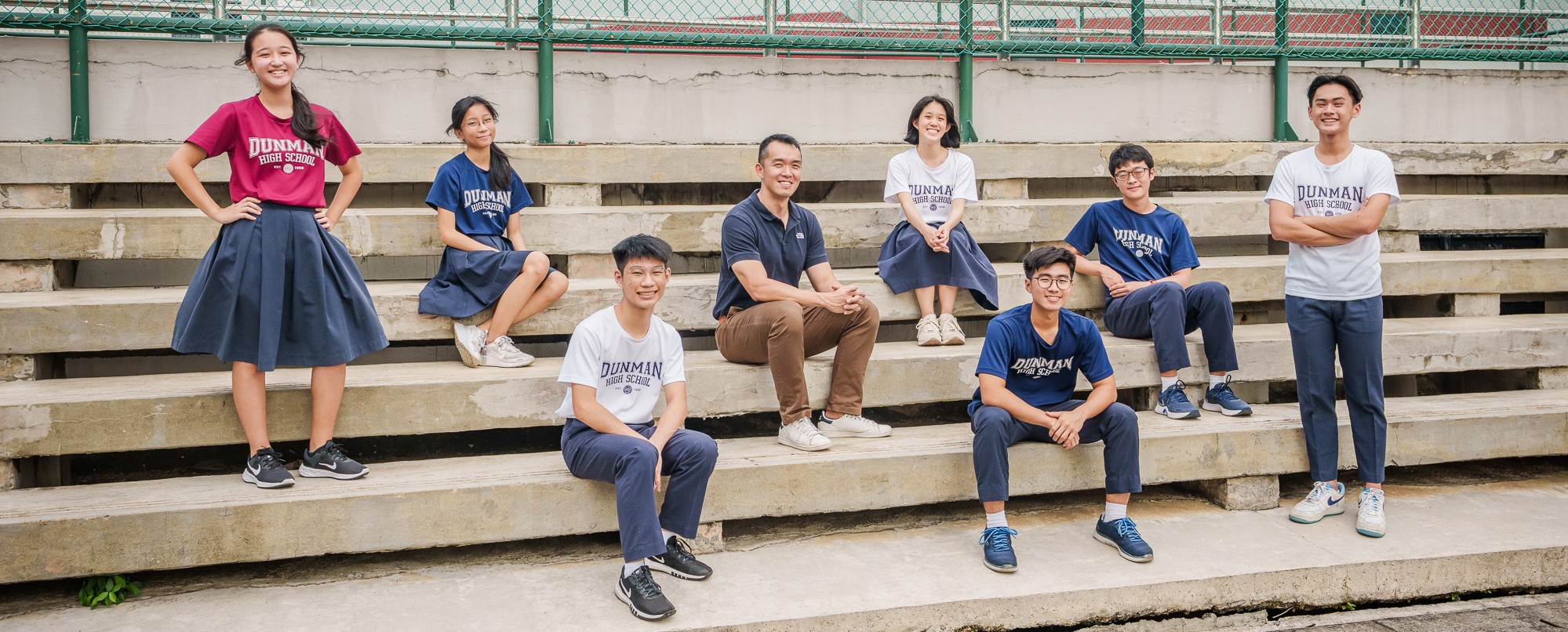School Rules

Character Development is the foundation of every Dunmanian’s education. Our School Rules serve as a moral compass to help every Dunmanian:
-
Develop Self-Awareness and Self-Management for personal growth and well-being.
-
Cultivate Social Awareness and Relationship Management for harmony and teamwork.
-
Make Informed, Responsible Decisions that contribute to the greater good.
These aims are also guided by the Ministry of Education’s Character and Citizenship Education (CCE) outcomes, nurturing students to have,
-
Good Character
-
Resilience and Social Emotional Well-Being
-
Future Readiness
-
Active Citizenry
Every Dunmanian is expected to uphold the school’s vision of becoming a Role Model of Learning, a Leader of Honour, and a Pillar of Society through responsible conduct, respect for self and others, and commitment to excellence.
Please click HERE to view Dunman High - School Rules.

